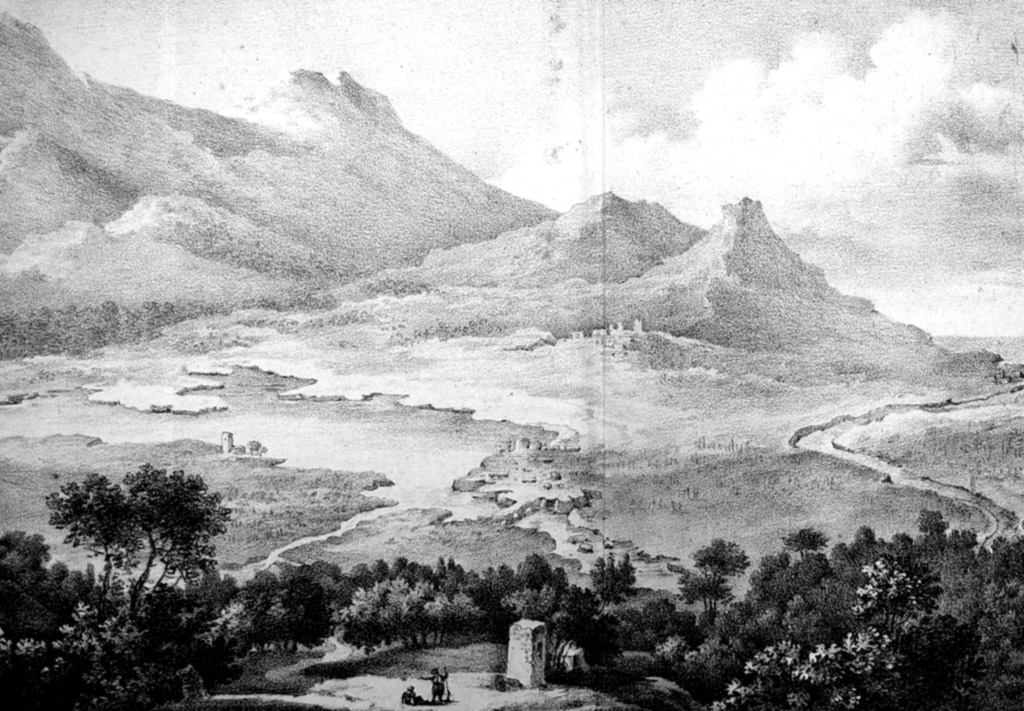The secret of Happiness is Freedom, and the secret of Freedom, Courage.

"Thucydides" was an Classical Athens/Athenian historian, political philosopher and general officer/general. His History of the Peloponnesian War recounts Peloponnesian war/the 5th century BC war between Sparta and Athens to the year 411 BC. Thucydides has been dubbed the father of "scientific history" because of his strict standards of evidence-gathering and analysis of cause and effect without reference to intervention by the gods, as outlined in his introduction to his work.
He has also been called the father of the school of political realism, which views the relations between nations as based on might rather than right. His text is still studied at advanced military colleges worldwide, and the Melian dialogue remains a seminal work of international relations theory.
More generally, Thucydides showed an interest in developing an understanding of human nature to explain behaviour in such crises as Plague (disease)/plague, List of events named massacres/massacres, as in that of the Melian dialogue/Melians, and civil war.
If you enjoy these quotes, be sure to check out other famous historians! More Thucydides on Wikipedia.The strong do what they have to do and the weak accept what they have to accept.
The ability to understand a question from all sides meant one was totally unfit for action. Fanatical enthusiasm was the mark of the real man.
The bravest are surely those who have the clearest vision of what is before them, glory and danger alike, and yet notwithstanding, go out to meet it.
Justice will not come to Athens until those who are not injured are as indignant as those who are injured.
Be convinced that to be happy means to be free and that to be free means to be brave. Therefore do not take lightly the perils of war.
Few things are brought to a successful issue by impetuous desire, but most by calm and prudent forethought.
We (Greeks) are lovers of the beautiful, yet simple in our tastes, and we cultivate the mind without loss of manliness.
Self-control is the chief element in self-respect and self-respect is the chief element in courage.
It is frequently a misfortune to have very brilliant men in charge of affairs. They expect too much of ordinary men.
A nation that draws too broad a difference between its scholars and its warriors will have its thinking done by cowards, and its fighting done by fools.
Men naturally despise those who court them, but respect those who do not give way to them.
We secure our friends not by accepting favors but by doing them.
The sufferings that fate inflicts on us should be borne with patience, what enemies inflict with manly courage.
The fact is that one side thinks that the profits to be won outweigh the risks to be incurred, and the other side would rather avoid danger than accept an immediate loss.
Copyright © 2024 Electric Goat Media. All Rights Reserved.